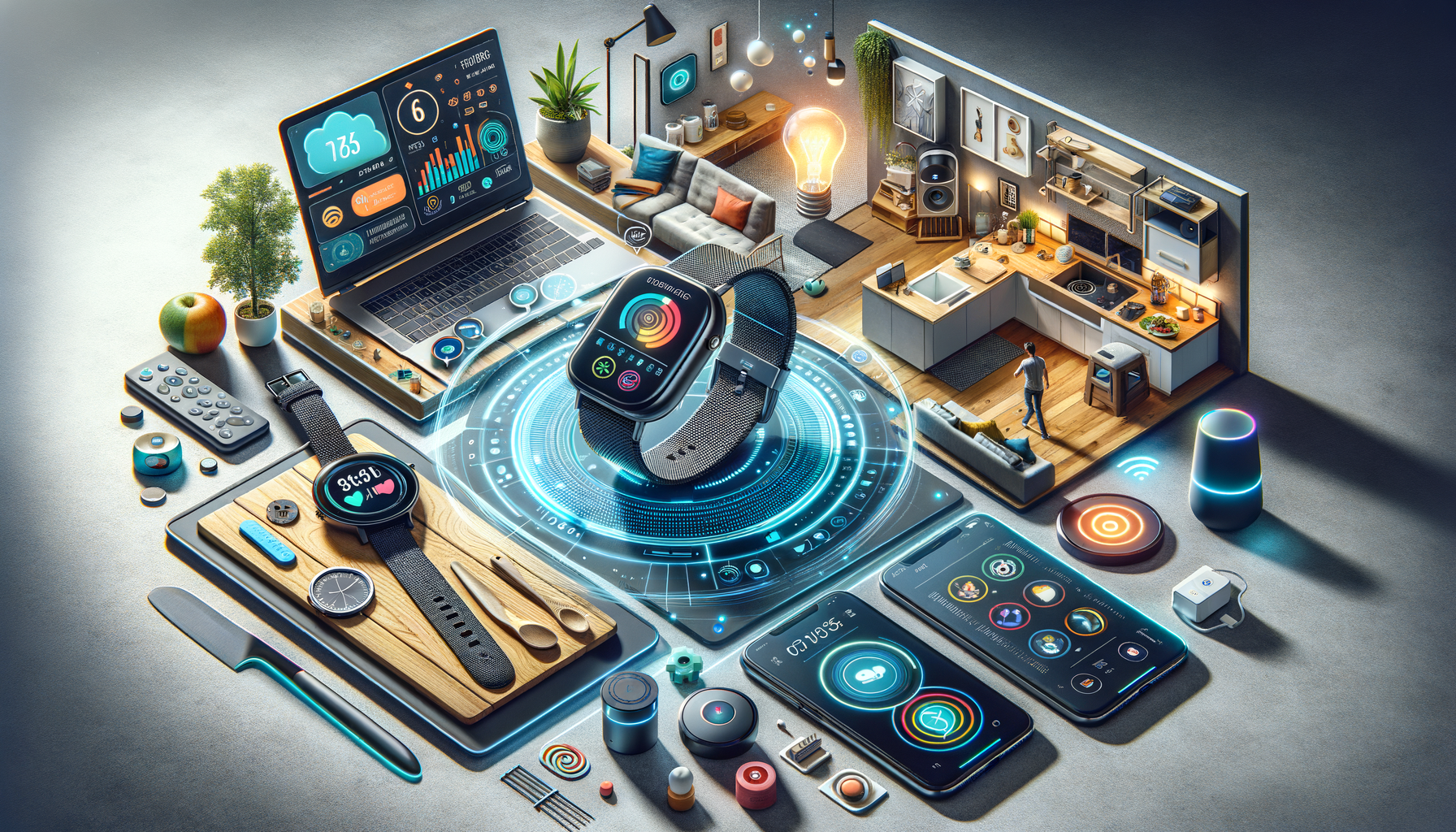Understanding Daily Routines and Their Importance
Daily routines are the backbone of our lives, providing structure and predictability in an otherwise chaotic world. These routines are not just about scheduling tasks but are integral to maintaining mental and physical health. By establishing a routine, individuals can reduce decision fatigue, improve productivity, and foster a sense of stability and control. For instance, starting the day with a morning routine that includes exercise, a healthy breakfast, and a brief meditation can set a positive tone for the rest of the day.
Moreover, routines help in managing stress and anxiety by creating a sense of normalcy. They allow for the allocation of time to essential activities like work, leisure, and self-care, ensuring a balanced lifestyle. In today’s fast-paced environment, where distractions are plenty, having a routine can significantly enhance focus and efficiency.
For families, routines can be particularly beneficial. They help children understand expectations and develop time management skills. For adults, they offer a framework to achieve personal and professional goals. The key to an effective routine is flexibility; while structure is important, being adaptable to changes is equally crucial.
The Role of Technology in Enhancing Daily Routines
Technology has become an indispensable part of modern life, permeating every aspect of our daily routines. From smart home devices to wearable technology, these innovations have transformed how we manage our time and tasks. Smart devices, such as virtual assistants, can automate mundane tasks like setting reminders, controlling home appliances, and even managing grocery lists.
Wearable technology, including fitness trackers, plays a significant role in promoting a healthy lifestyle. These devices monitor physical activity, sleep patterns, and even heart rate, providing valuable insights into one’s health. By integrating these insights into daily routines, individuals can make informed decisions about their lifestyle choices.
Moreover, mobile apps designed for productivity and time management have revolutionized how people organize their schedules. Apps that offer features like task lists, calendar integration, and time tracking help users prioritize tasks and optimize their daily routines. The convenience of having these tools readily accessible on smartphones ensures that users can manage their time effectively, no matter where they are.
Innovative Tech Features Revolutionizing Consultations
Consultations, whether in healthcare, business, or personal coaching, have been significantly enhanced by technology. Virtual consultations have become increasingly popular, providing a convenient and efficient alternative to in-person meetings. Video conferencing platforms allow for real-time communication, bridging geographical barriers and making consultations more accessible to a wider audience.
In healthcare, telemedicine has revolutionized patient consultations. Patients can now consult with healthcare professionals from the comfort of their homes, reducing the need for travel and waiting times. This technology not only enhances patient convenience but also allows healthcare providers to reach underserved areas, improving access to medical care.
Additionally, AI-driven tools are being integrated into consultation processes to provide data-driven insights. For example, in business consultations, AI can analyze market trends and consumer behavior, offering valuable recommendations to clients. These tech features not only improve the efficiency of consultations but also enhance the quality of advice provided.
Balancing Technology with Personal Interaction
While technology offers numerous benefits in enhancing daily routines and consultations, it is crucial to strike a balance between digital and personal interactions. Over-reliance on technology can lead to a sense of isolation and reduce face-to-face communication, which is essential for building strong relationships.
To maintain this balance, individuals should set boundaries on technology usage, such as designated tech-free times or spaces. This practice encourages more meaningful personal interactions and helps in maintaining mental well-being. For example, during family meals, keeping devices away can promote conversation and strengthen family bonds.
Moreover, in professional settings, while virtual meetings are convenient, occasional in-person meetings can foster deeper connections and trust among team members. By combining the efficiency of technology with the warmth of personal interaction, individuals and organizations can create a harmonious and productive environment.
Future Trends in Technology and Daily Routines
The future of technology in daily routines and consultations promises even more exciting developments. With advancements in artificial intelligence and machine learning, personalized routines tailored to individual preferences and needs are becoming a reality. Smart devices will increasingly anticipate user needs, offering suggestions and automating tasks before they are even requested.
In consultations, virtual reality (VR) and augmented reality (AR) are poised to transform the experience further. These technologies can simulate real-world scenarios, providing immersive training and consultation experiences. For instance, in medical training, VR can offer realistic simulations for surgical procedures, enhancing learning outcomes.
Furthermore, the integration of blockchain technology in consultations can ensure data security and transparency, particularly in sectors like finance and healthcare. This technology offers a secure way to manage and share sensitive information, building trust between parties involved.
As these trends continue to evolve, the challenge will be to ensure that technology remains a tool that enhances human capabilities without replacing the essential human touch. By embracing these innovations thoughtfully, individuals and organizations can look forward to a future where technology seamlessly integrates into daily life, enhancing productivity and well-being.




Leave a Reply